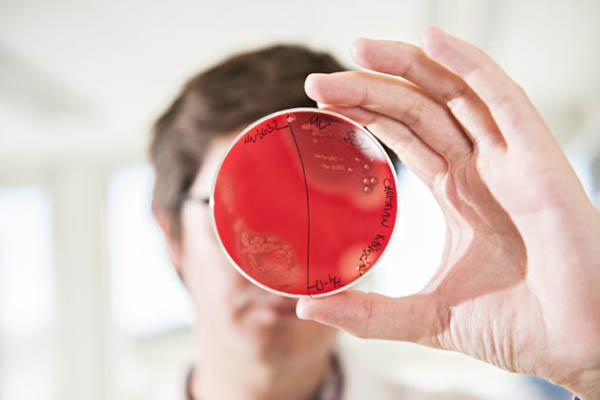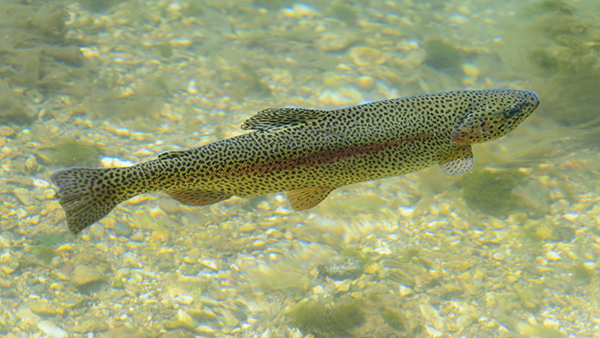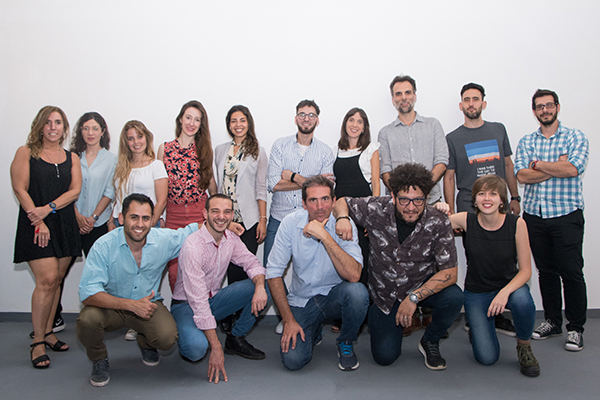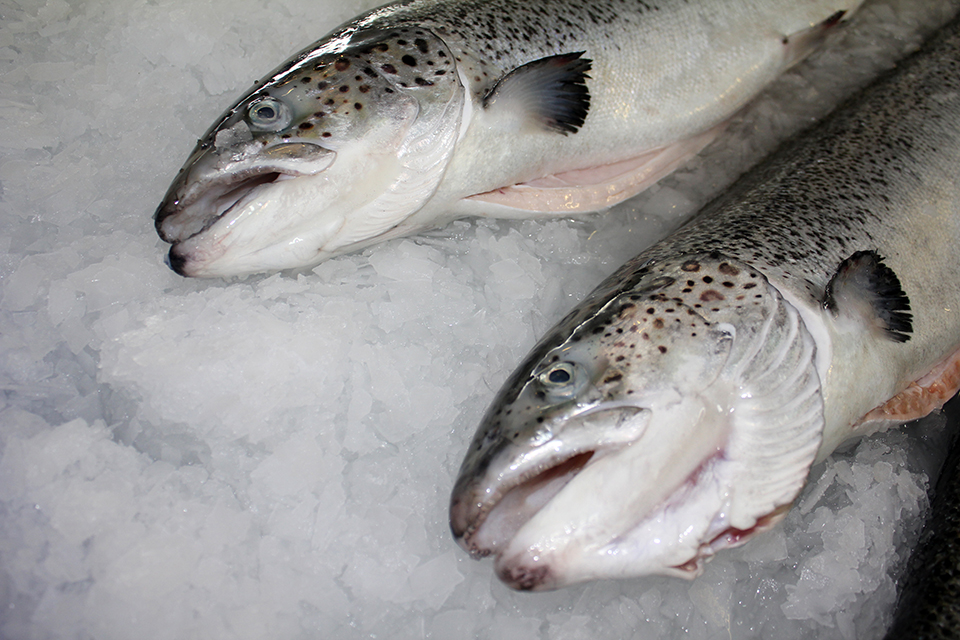Vaccine against Moritella viscosa can help if developed correctly: Nofima

Last winter, many farmed salmon in Norway died from winter ulcers, a condition caused by a bacterium called Moritella viscosa in cold seawater. The bacteria have different strains, making it challenging to create an effective vaccine. However, Nofima researchers have determined that the vaccine works “much better” if developed using the correct strain of bacteria.
In addition to looking at the effects of the different Moritella viscosa strains, Nofima scientists also learned how the bacterium starts harming fish by sticking to the surface of the scales, multiplying and forming a colony.
“The scales are covered in mucus,” said Karlsen. “The bacterium manages to get in between this layer of mucus and the scales. They can then create large wounds that can even reach muscle tissue.”
When a fish is vaccinated, it has the first bacteria on its scales. In unvaccinated fish, the bacteria go deeper into the skin earlier. There are now several vaccines against different Moritella viscosa bacteria on the market.
“It is the organ that first receives a notice that the surrounding environment is changing,” said Christian René Karlsen, senior scientist. “The skin feels all the environmental changes that affect the fish.”
While vaccination helps, it doesn’t guarantee complete protection. In a recent trial where fish with ulcers were mixed with healthy fish, 15 percent of the fish suffered deep ulcers and 25 percent suffered superficial wounds.
The research was conducted in collaboration with the vaccine company Pharmaq, and financed by the Research Council of Norway.
Now that you've reached the end of the article ...
… please consider supporting GSA’s mission to advance responsible seafood practices through education, advocacy and third-party assurances. The Advocate aims to document the evolution of responsible seafood practices and share the expansive knowledge of our vast network of contributors.
By becoming a Global Seafood Alliance member, you’re ensuring that all of the pre-competitive work we do through member benefits, resources and events can continue. Individual membership costs just $50 a year.
Not a GSA member? Join us.
Author
Tagged With
Related Posts

Health & Welfare
Breakthrough in fish mucosal immune system research could transform aquaculture vaccines
The discovery of an immune structure in the nasal cavities of rainbow trout could improve understanding of the efficacy of aquaculture vaccines.

Health & Welfare
Biotech startup FeedVax nets funding to develop oral vaccine for fish
Argentinian biotechnology startup FeedVax has received funding from Conservation International Ventures to develop an oral vaccine for fish.

Health & Welfare
Gene editing eyed as a potential sea lice solution
A Nofima-led study is exploring the possibilities of using gene editing to make salmon more resistant to sea lice.

Health & Welfare
Oral vaccine delivery effective in reducing salmon diseases
Oral vaccination can be done with virtually all fish sizes and is a relatively stress-free and inexpensive approach. The authors developed a novel oral vaccine delivery system that was found effective against infectious salmon anemia and salmonid rickettsial septicemia at salmon farms in Chile.



